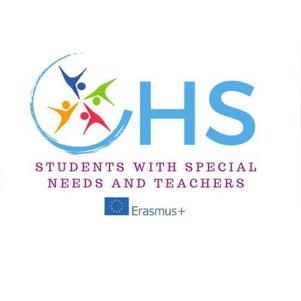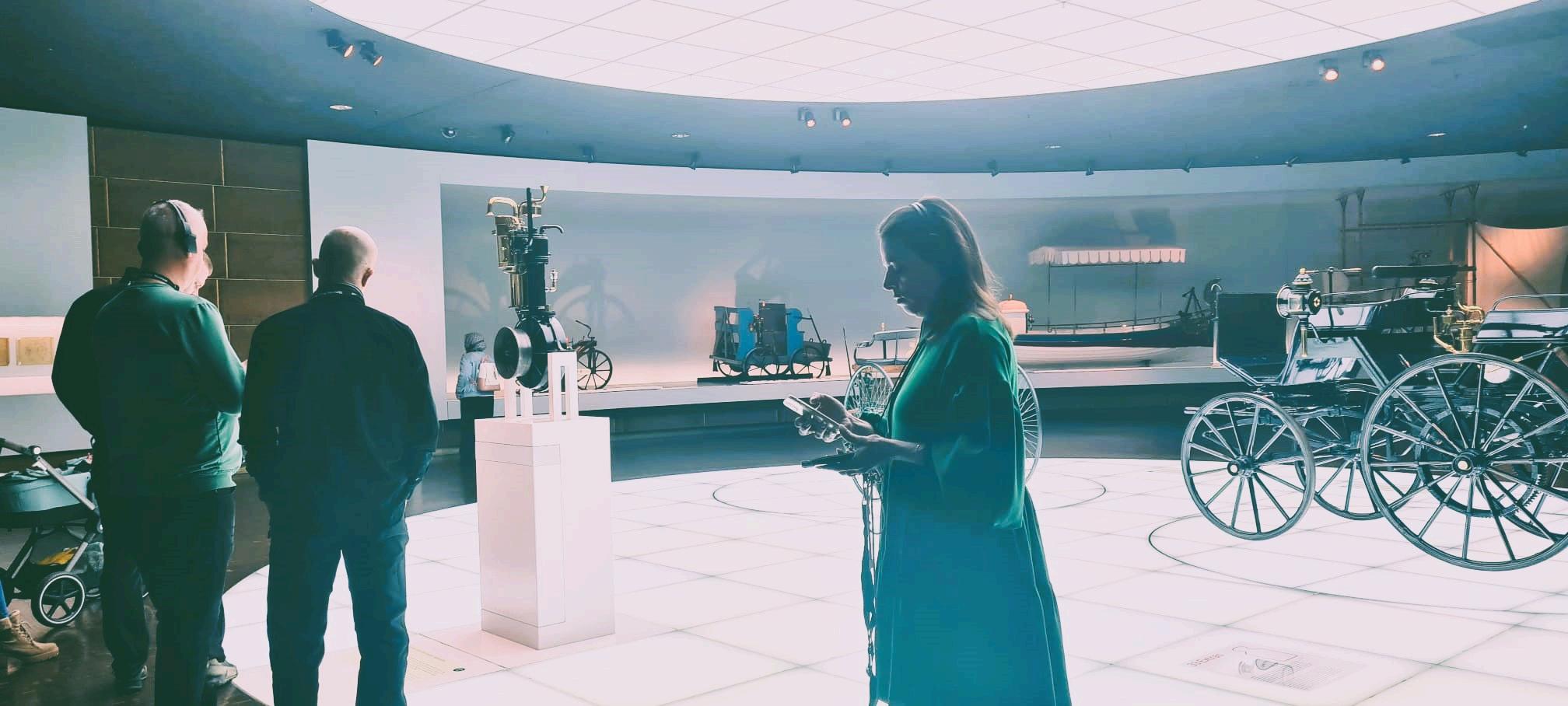




OHS Occupational Health and Safety (OHS) Practices for Disadvantaged Students in Vocational Education, Training, and Working Environments
PROJECT NUMBER: 2023-2-PTO1-KA210-VET-000170579


This project commenced with a comprehensive online preparation phase. Partner organizations from Germany, Turkey, Portugal, and Spain collaborated through regular Zoom meetings, supported by a WhatsApp group for real-time communication.
A shared cloud document facilitated efficient project documentation management. Additionally, a dedicated website and social media presence on Facebook, Instagram, and Twitter broadened the project’s reach, indirectly engaging over 10,000 individuals through targeted posts and articles.
In-person meetings held in each partner country before the main event further aligned objectives and activities.

Activities commenced at the Sompon Education Centre with an introduction to Sompon Socialservices, emphasizing its work in migration counseling and family support. Teambuilding sessions included a visit to the Sport Arts School SHIMBOKU, which fosters inclusivity and teaches safety practices for students aged 8 to 40. The day also featured hands-on working sessions and an intercultural dinner. Gruibingen’s Mayor, Roland Schweikert, attended the event, underscoring community support and enhancing local visibility.


This day combined cultural and educational activities. Participants toured a local museum and the MHP Arena stadium, where guides highlighted inclusivity and safety measures. The museum provided accessible engagement for disabled visitors, while the stadium accommodated around 400 disabled attendees, exemplifying infrastructure designed for inclusivity.



Participants traveled to the CJD Bildungswerk in Offenburg, utilizing eco-friendly transportation. This vocational training center offers specialized training in metalwork, woodwork, and administration, all under the Safety and Security Act's regulations. This visit facilitated an exchange of insights on safety protocols and vocational support, reinforcing the partnership’s goals.


The day began with a reflective icebreaker activity, “Safety Snapshots and Project Highlights,” where participants shared images or sketches illustrating health and safety learnings. The afternoon included parallel workshops:
Workshop 1: Creating Health and Safety AdvocatesParticipants developed dissemination toolkits to promote safety within their institutions.
Workshop 2: Storytelling for Safety - This session emphasized the power of narrative in conveying the importance of health and safety for people with disabilities.
Workshop 3: Visual and Digital Content CreationParticipants designed visual materials, including posters and social media content, to amplify project visibility.
CHAIR
Workshop 4: The Power of Dissemination - Participants engaged in impact mapping and commitment exercises, outlining actionable plans to support health and safety in their communities.



The final day was dedicated to reflection and evaluation. Participants shared their feedback, expressing high motivation and eagerness for future collaboration. Certificates were awarded to acknowledge each participant’s commitment and contribution.


Evaluations from all partners reflected strong motivation and engagement, with numerous ideas generated for future collaboration. The project successfully raised awareness around occupational health and safety practices for disadvantaged individuals, achieving significant visibility and impact.

The next project meeting is scheduled for March, planned as a hybrid session to extend the OHS initiative’s reach and influence.
Turkey: Düzce Provincial Directorate of National Education Occupational Health and Safety Unit
Portugal: Agrupamento de Escolas de Maximinos
Spain: IES BEZMILIANA
Germany: Sompon Socialservices Baden-Württemberg

